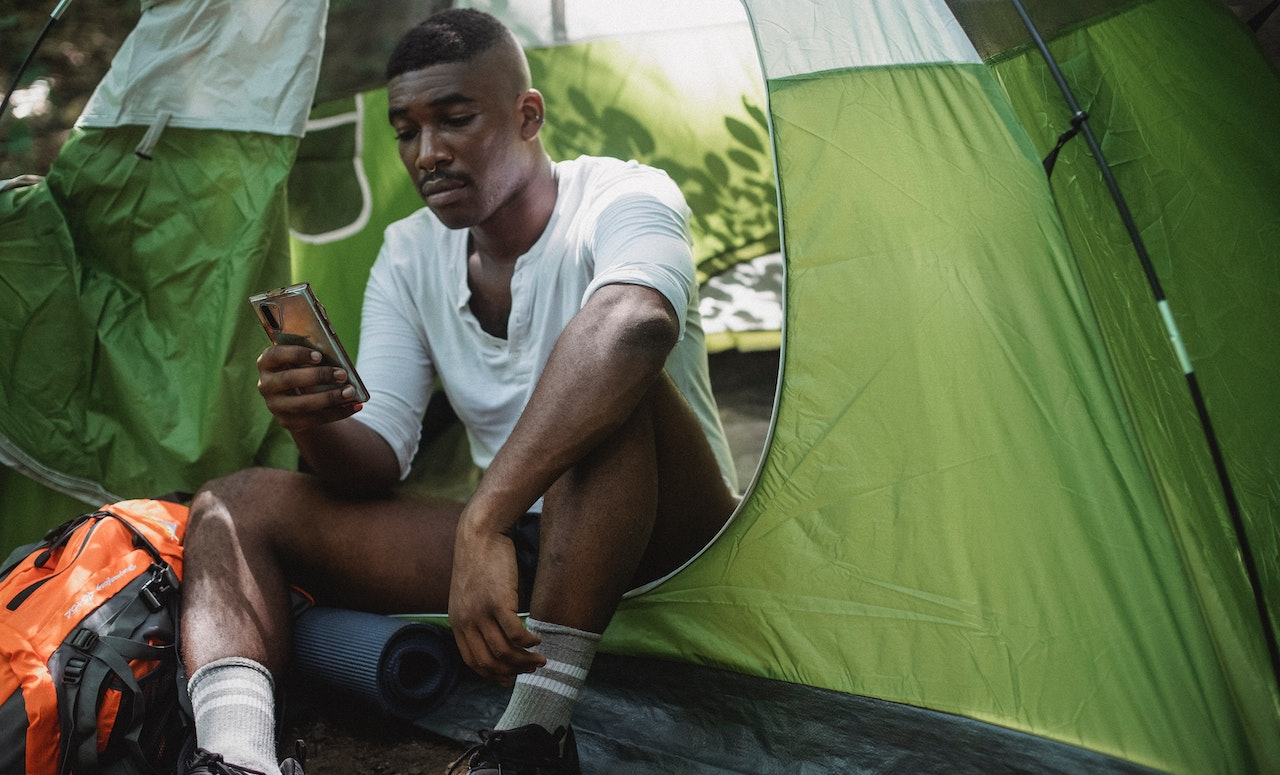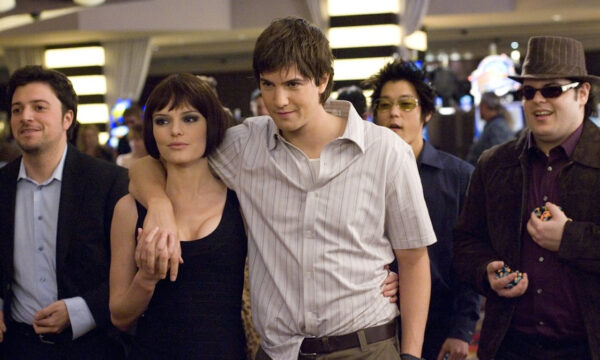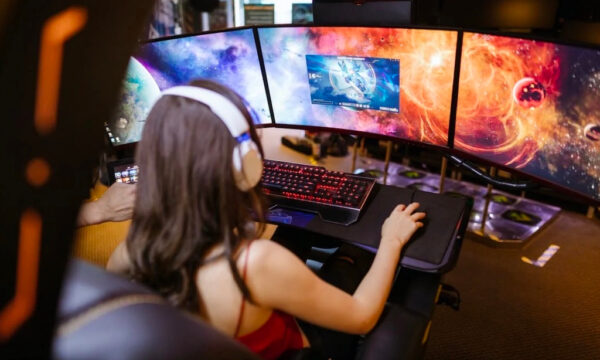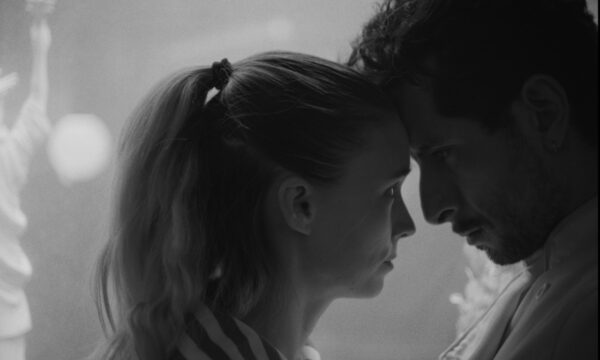A comprehensive guide for novice campers

Camping is having a bit of a renaissance, with more and more people opting to enjoy nature on a budget. There are various ways to do it, from luxury glamping to caravanning, an old-school stay in a tent or committing to buying a Camper van. A car valuation can offer some insight on what an existing car would a trade in for in terms of vehicles suited to an al afresco trip, and at that point it will be easier to decide what happens next. In any case, newcomers to camping must be careful: a quiet few days away could become dangerous with careless fire lighting or barbecue disposal, to name just two risks out there.
To keep future campers safe, this article details a few rules to stick to. We’ll look at some of the most dangerous activities and tasks, focusing on where things can go wrong, while providing tips to ensure safety. It’s usually advisable to go to a proper campsite for first experiences, rather than going wild – and regardless, wild camping is illegal in the UK unless one has the landowner’s permission and is best left to experienced campers.
Fires
A campfire is the centrepiece of any traditional camping experience. However, it’s also something that requires careful planning and preparation to prevent injury or a wildfire.
Start by creating or clearing a designated fire pit in accordance with the campsite’s rules. This will make sure the fire has the best surface to start from and reduces the risk of it spreading. If the fire is being started from scratch, build it away from flammable materials and use rocks to surround the site. Remember to consider drifting embers that could ignite a fire nearby.
It’s important to make sure there’s a bucket and access to water to put the fire out, then arrange and light the kindling. Everyone should keep a safe distance away and never use flammable liquids to stoke the flames. When it’s time to put the fire out, pour a bucket of water over the logs. Campers need to make sure every ember is out, so they should continue soaking until the last flicker has gone.
Propane tanks
For those who have a camping stove or gas barbecue, it’s probably powered by propane. As with any flammable liquid, that comes with risks. Obviously, it burns, but it’s also an asphyxiant. Extensive exposure to high concentrations can lead to suffocation, cardiac arrest or seizures.
While propane tanks are designed to prevent leaking, there are a few extra measures that can be taken to lessen the risks.
How and where to store a propane tank
Propane tanks should be stored in a well-ventilated area and most definitely not in the tent. It should also be on a flat surface where it’s unlikely to fall – a particularly violent impact can make a propane tank explode, but more likely is damage to the valve. This could cause the gas to leak.
The tank should be kept outside where possible but away from the sun, because if a propane tank gets hot enough it may explode. Some larger tanks will come with a shut-off valve. This must be secured as tightly as possible before disconnecting the hose. Most leaks are caused by loose valves so it’s worth double-checking before walking off.
How to transport a propane tank
Campers should make sure propane tanks are transported upright to avoid the liquid interfering with the safety valve, then tether in place with a bungee cord or rope so they can’t move around, fall over or become a danger in the event of a crash.
Barbecues
Most campsites will also have rules on barbecues, so it’s best to read these first. A disposable barbecue should be lit at least ten metres away from the tent. Hopefully it goes without saying that one should never use one in a tent.
Read the instructions to find out how long to leave the barbecue before cooking, and ensure all meats are cooked through. When the barbecue is no longer needed, pour a bucket of cold water over the top and continue to do so until the embers are out.
Campers should never try and move the barbecue until it’s cool. Once safe, it can be wrapped with clingfilm and taken to a waste bin. These should never be left it behind.
The editorial unit






















Facebook
Twitter
Instagram
YouTube
RSS